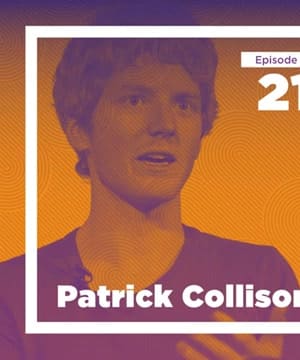Is reading books enough for learning?
Sources:
Reading books offers valuable knowledge, but it may not be sufficient alone for comprehensive learning. Here's a synthesis from various experts:
-
Combining Reading with Practical Experience: Books can be a great exercise for the brain, providing high-quality material that can develop mental capacities. However, some skills require hands-on experience, such as playing guitar or performing medical procedures (1).
-
Learning in Context: Andrej Karpathy highlights that while textbooks offer important foundational knowledge, they often lack the practical details found in labs or real-world applications, especially in fast-evolving fields like deep learning (2).
-
Targeted Reading and Application: Alex Hormozi advises against reading for the sake of it. Instead, he emphasizes targeted reading to solve specific problems and suggests deeply studying fewer books to implement the learning effectively (3).
-
Developing a Love for Reading: Naval Ravikant believes the foundation of learning is reading, advocating for reading what you love to cultivate a habit, which eventually leads to more complex and foundational texts (4).
-
Reading Isn't the Only Form of Learning: Tyler Cowen and Keith Rabois both suggest that while books are important, learning happens through multiple channels, including talking to people, practical experiments, and real-world experiences (5, 6).
In conclusion, reading books is vital but should be complemented with practical experiences, targeted study, and diverse learning methods to foster a complete understanding.
RELATED QUESTIONS-


